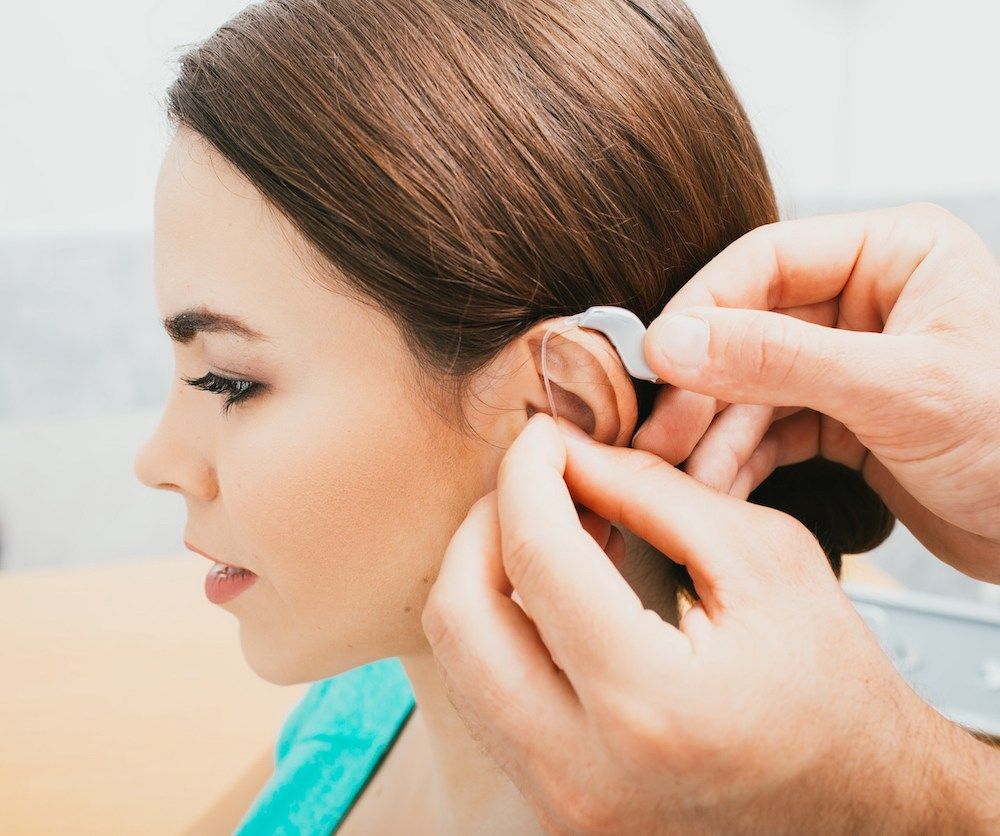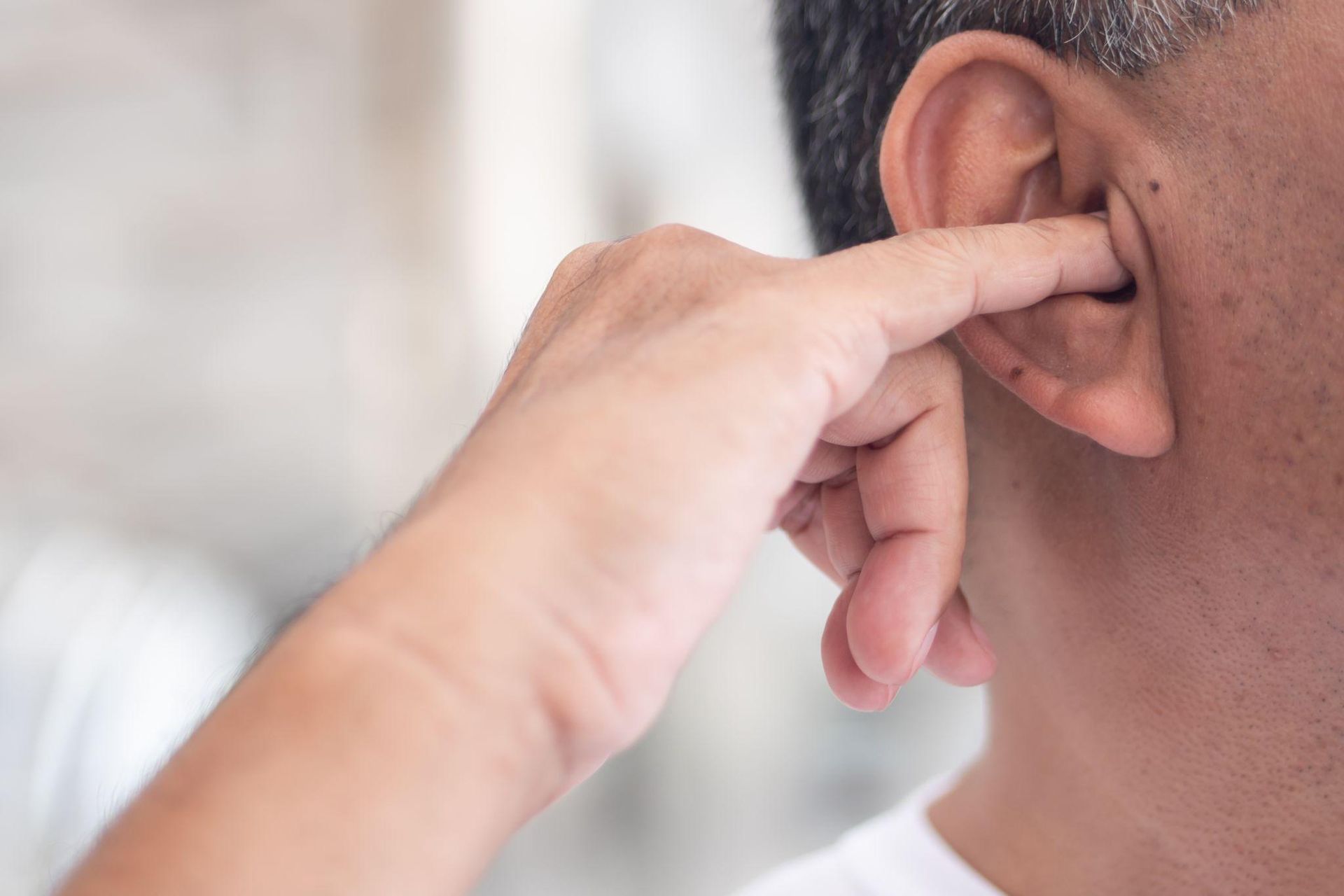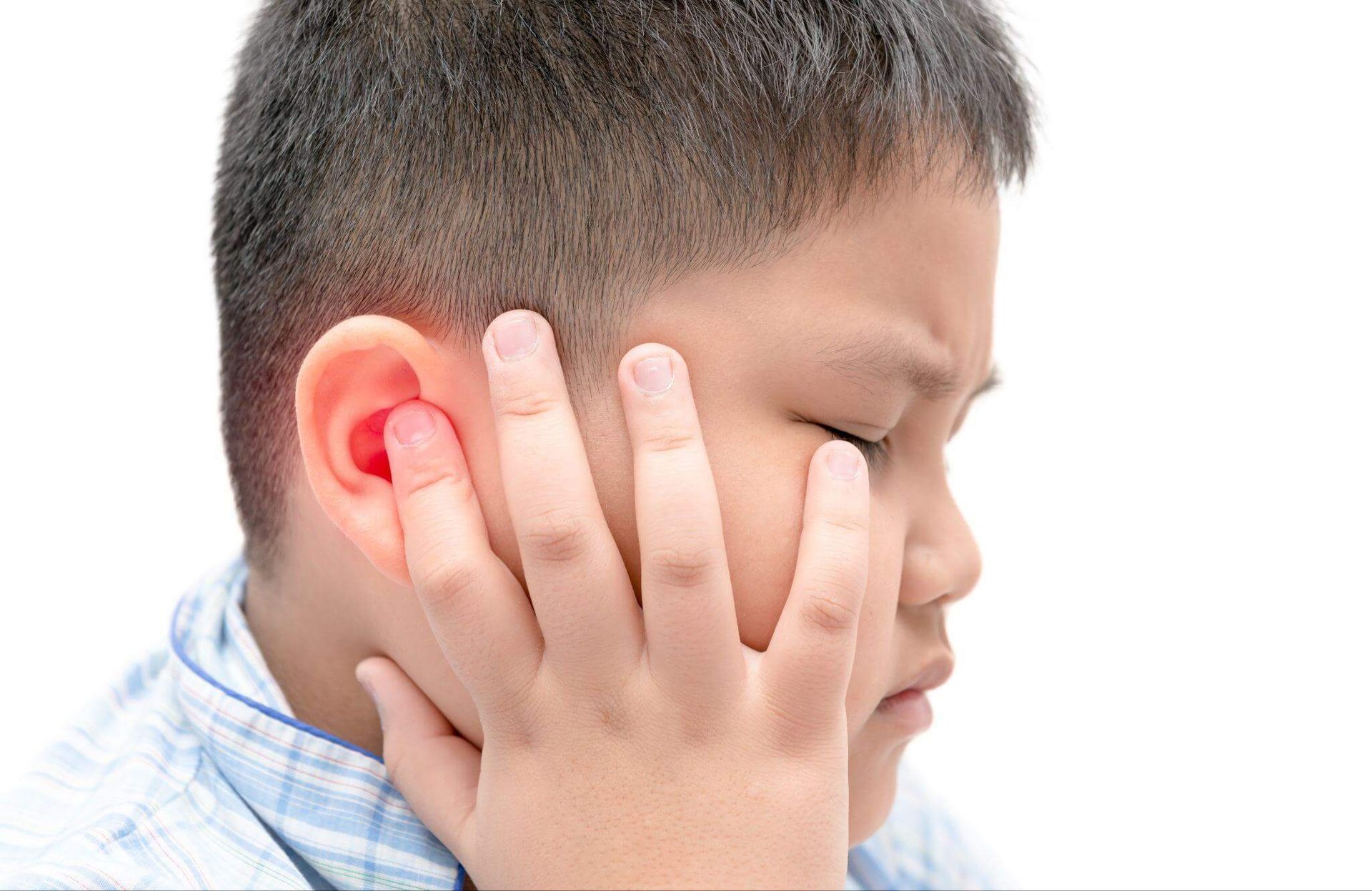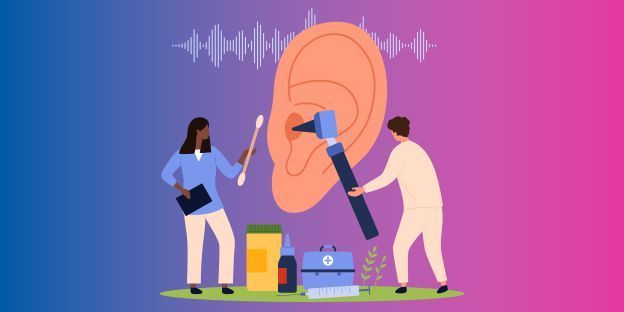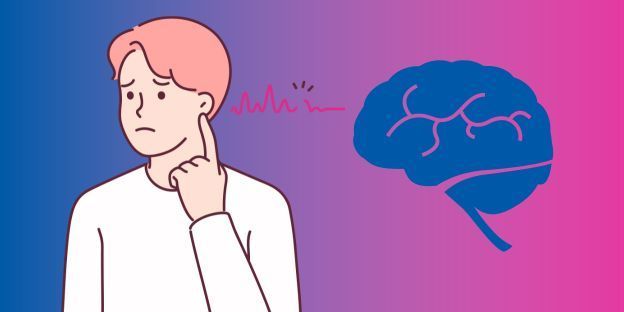What is the brain's role in hearing?
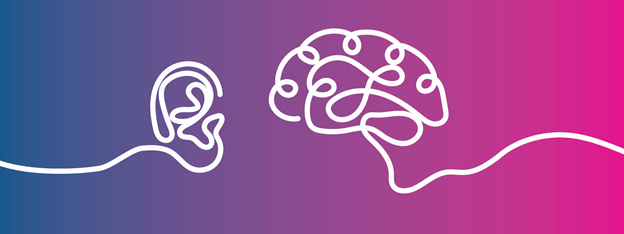
You don't actually hear with your ears – you hear with your brain.
The role of the brain in hearing is essential, but often overlooked. The ears are home to the smallest bones in the body and can transform noises into sound signals, so it isn’t surprising the focus tends to go to them. Your ears deserve all the credit they get.
But the brain’s role is even more incredible. It transforms signals from the ears into sounds that we recognize and understand – including speech and music. It helps us discern where sounds are coming from and allows us to focus our attention on a specific source amidst a room full of noise.
Most importantly, the brain adapts to the signals it receives. Even if signals are weak or incomplete, the brain is capable of filling in the missing pieces. The brain can also adapt to take advantage of wearing hearing aids.
At Discover Hearing, we allow the important connection between the brain and ears guide our approach to hearing care. Since we hear with our brains, any technology or treatment for hearing loss should be focused on the brain.
We hear with our brains
The focus of hearing care may appear to be on the ears, but it is actually on the brain. Although the ear is the mechanism that detects and transmits the sound information, it is the brain that processes those sounds and gives them meaning.
The ears’ role
Your ears and brain work together to interpret sound. As soundwaves travel into your inner ear, they stimulate microscopic hair cells. These tiny hair cells respond to different sounds based on pitch or frequency. Electric nerve impulses are then sent along the auditory nerve to the brain to be filtered and translated.
Exposure to loud noise, or simply the process of aging, can cause damage to the hair cells in the cochlea. This is a very common cause of hearing loss. The degree of hearing loss and impacted frequencies depend on which hair cells are damaged and the severity of said damage. This will effect how the brain perceives the messages it receives.
The brain’s role
The brain is the organ that is truly responsible for hearing. The auditory cortex is the centre of the brain that recognizes the electric impulses from the ears as meaningful sounds – such as speech or music.
With the help of the auditory cortex, we are capable of recognizing individual sounds and words. It processes the volume of sounds and determines the direction they came from.
Not only does your brain give meaning to sound, but it also acts as a filter to allow you to focus on what you are listening to and ignore unwanted background noise. Even when you’re in a room full of people, you can focus your hearing on the person talking or the television.
Similarly, your brain can amplify the sound of your own voice when you are in a crowded room and reduce your volume when you are speaking in a library.
Other parts of the brain also play a role in how we interpret sound. For example, the thalamus is responsible for processing a sound and determining if it signals the presence of a threat. Sounds like a fire alarm, screaming or a loud bang can trigger an emotional and instinctive response.
The prefrontal cortex relates information from the auditory cortex with data from other areas – such as facial expressions and hand gestures – to add context and provide a deeper comprehension of sound.
Together, your ears and brain can collect, filter and process a myriad of noises into understandable sounds.
Hearing care for your ears and brain
Hearing loss means the brain is receiving incomplete or weak sound signals from your inner ear. When the brain does not receive a complete set of information, it will attempt to fill in the missing information and create meaning.
Because the brain has to work harder to comprehend these weak sound signals, hearing loss can lead to fatigue and exhaustion. Coping with long-term hearing loss can have serious negative impacts on your mental health and can contribute to depression, dementia and feelings of isolation.
Fortunately, the brain is incredible at adapting to the sound signals that it still receives. Good hearing care considers the roles of both the ears and brain to maximize speech understanding through technology.
Technology is half the answer
Better hearing isn't as simple as amplifying sounds. Hearing technology can help manage hearing challenges, but the devices are just half the answer.
The brain can adapt
The brain is incredibly adaptable and can work with the sound signals it is given. Although it takes time for the brain to adjust to changes (such as new hearing aids), there is the potential for new technology to “work better” over time. Proper fitting and use of hearing aids leverages your brain’s amazing gift of adaptability to help you hear better.
If you don’t use it, you lose it
You need to exercise your hearing – if you don’t use it, you lose it. Listening to sounds can contribute to the maintenance of current hearing levels, and hearing technology needs to be used regularly and correctly in order to reap the full benefits of the devices.
Our team understands the role of technology in supporting the work done by your ears and your brain. We will provide hearing aid technology that will reduce the effort of hearing and help your brain to process and understand sound.
What to do if you have hearing aids
If you already have hearing aids, use them consistently. Make your hearing aids a part of your daily routine, even if you are staying at home. Hearing is important for safety, and regular use of your devices will keep your brain active and healthy.
Using your hearing aids every day will also help establish a routine, so you will be less likely to leave home without them.
Talk to Discover Hearing to learn more about how your existing hearing aids can help you exercise your brain and maintain your hearing health. A hearing aid practitioner can help maximize the effectiveness of your hearing technology by ensuring you are using it correctly.
What to do if you don’t have hearing aids
Even with incomplete or weak sound signals, your brain can do an incredible job to process the information and fill in any gaps. The goal of hearing technology is to improve the quality of information your brain receives. This makes it easier to hear the sounds you want to hear and reduces the cognitive load.
Book a hearing test to understand the state of your hearing. From there, our team will discuss the best hearing technology for both your ears and your brain.

